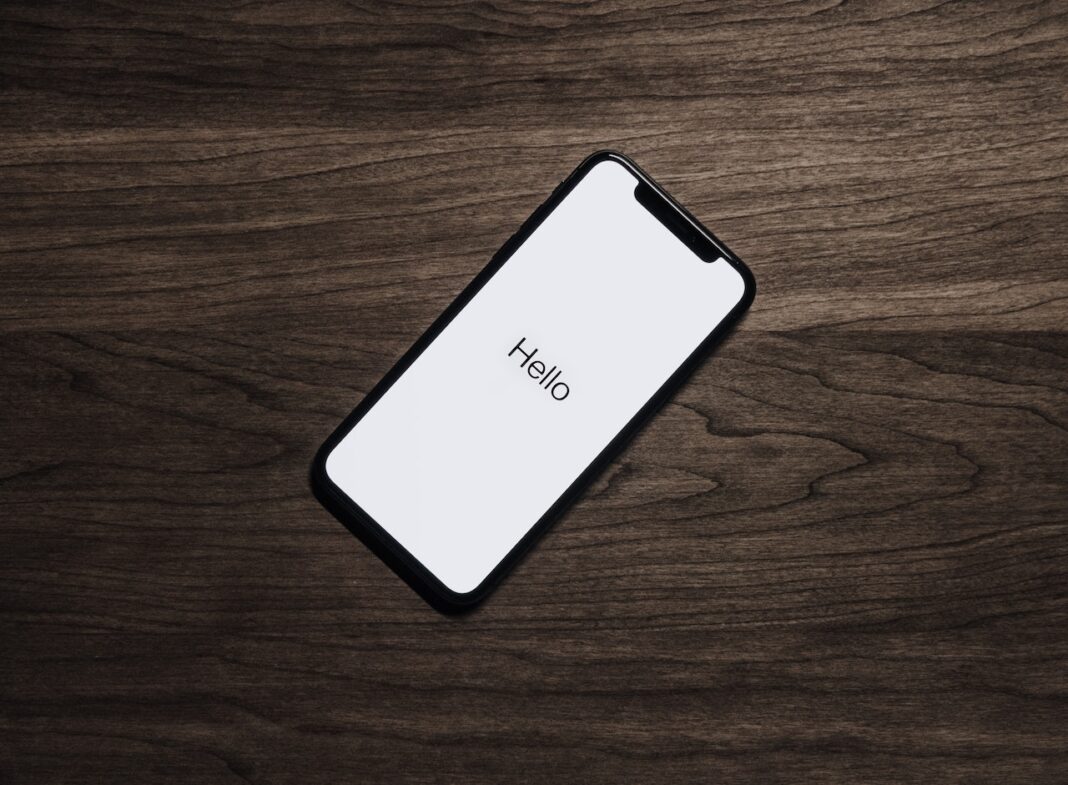Introduction
Smartphones have become an integral part of our lives, from keeping in touch with loved ones to managing our daily schedules. However, with the increasing amount of personal information stored on these devices, it’s crucial to ensure that they’re secure and private. In this blog post, we’ll explore some practical tips and tricks for making your smartphone more private and secure. Whether you’re concerned about hackers or simply want to protect your sensitive data from prying eyes, read on for useful insights that will help you safeguard your device against potential threats.
What is a smartphone?
A smartphone is a mobile device that combines functionalities of a computer, camera, music player and more into one compact device. It can make calls, send messages, browse the web and run various apps.
Most smartphones have a touchscreen interface, making them easy to use and allowing users to access the same features they would on a computer. They can also connect to the internet through either Wi-Fi or cellular data networks, which allows users to remain connected no matter where they are.
Smartphones have come a long way since their inception in the early 2000s. Today’s smartphones are much more powerful than some computers from just a few years ago. They have high-resolution screens, multiple cameras for taking photos and videos, and advanced sensors like GPS for navigation.
One of the key advantages of smartphones is their portability. You can carry them with you wherever you go, making it easy to stay connected with friends and family or get work done on-the-go.
As technology continues to evolve at an exponential rate, so do smartphones. New features are constantly being added to these devices such as face recognition software or augmented reality capabilities which enhance user experience even further.
In summary,a smartphone is an all-in-one mobile device that has revolutionized the way we communicate and interact with each other on a daily basis.
How to make your smartphone more private
Nowadays, a smartphone is an integral part of our lives. We use it for almost everything, from socializing with friends and family to online banking and shopping. However, this convenience comes at an expense – the privacy of our personal information.
To make your smartphone more private, start by reviewing the apps you have installed on your device. Remove any unnecessary or unused apps that might be accessing your data without your consent. You can also disable location services for individual apps.
Another way to increase privacy is by using a virtual private network (VPN). A VPN encrypts all traffic between the internet and your phone, preventing anyone from eavesdropping on your online activity.
Furthermore, go through the settings on your phone’s camera app to ensure that it doesn’t automatically save photos to cloud storage or share them with third-party apps.
Always keep your software up-to-date as system updates often contain security patches that protect against potential vulnerabilities in older versions of operating systems.
By implementing these simple steps into practice regularly, you can significantly improve the level of privacy on your smartphone while enjoying its benefits without compromising safety.
How to make your smartphone more secure
In today’s world, smartphones have become an essential part of our daily life. We use them to store important information like personal contacts, bank details, and more. However, this convenience also makes it a prime target for cybercriminals who want to hack into our phones and steal sensitive data.
To make your smartphone more secure, the first thing you need to do is enable biometric authentication methods such as fingerprint or face recognition. This will provide an extra layer of security that helps prevent unauthorized access.
Another way to boost your phone’s security is by keeping it updated with the latest software updates and patches. These updates often include fixes for known vulnerabilities that hackers can exploit.
It is also essential to be careful while installing apps on your smartphone because malicious apps can potentially harm your device’s security and compromise its privacy settings. Only download apps from reputable sources like Google Play Store or Apple App Store.
Always use strong passwords for all accounts linked with your smartphone such as email or social media accounts. Avoid using easy-to-guess passwords like “123456” because they are easily hacked by cybercriminals.
By following these simple tips, you can significantly improve the security of your smartphone and protect yourself against potential cybersecurity threats in the future.
Conclusion
Taking steps to make your smartphone more private and secure is crucial in today’s digital age. By following the tips mentioned in this article, you can greatly reduce the chances of your personal information being compromised or accessed without your permission.
However, it’s important to remember that no security measure is foolproof. It’s always advisable to exercise caution while using your phone and avoid clicking on suspicious links or downloading apps from questionable sources.
By being proactive about privacy and security, you can enjoy all the benefits of modern technology without sacrificing your peace of mind. Stay vigilant and stay safe!


